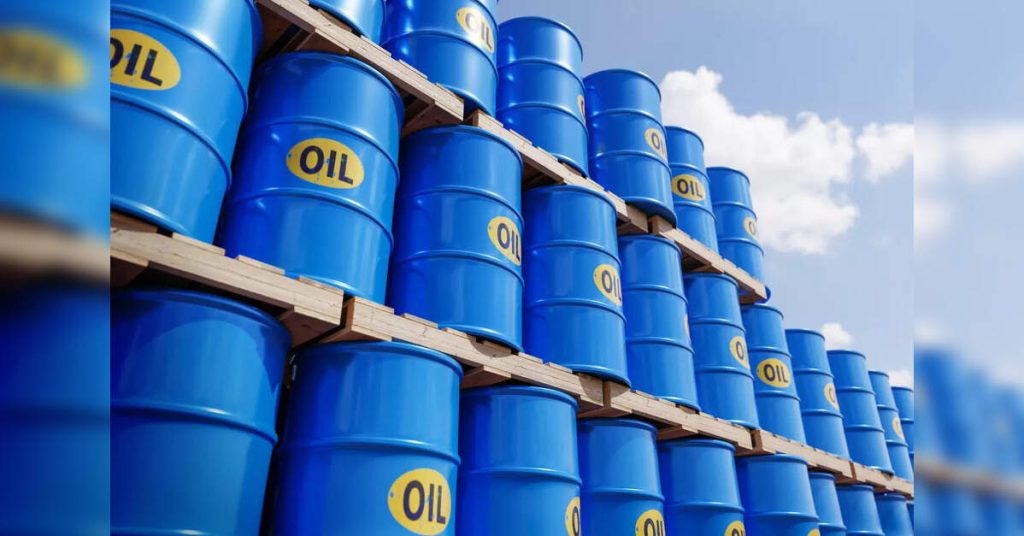
The US decision to sanction Russia’s two largest oil companies-Rosneft and Lukoil-could dent Reliance Industries’ earnings before interest, taxes, depreciation, and amortization (EBITDA) by ₹3,000-3,500 crore, analysts said.
Reliance and Nayara Energy are likely to be most impacted by the fresh round of sanctions by the US Treasury Department on Wednesday, followed by state-run oil marketing companies-Indian Oil Corporation, Bharat Petroleum Corporation, and Hindustan Petroleum Corporation.
Analysts said Russian crude could account for around 20-25 per cent of RIL’s oil-to-chemicals (O2C) portfolio. RIL has a long-term agreement to buy nearly 500,000 barrels per day of crude from Russian oil major Rosneft.
“RIL, which had signed a crude supply deal with Rosneft, will not be able to honour their agreement given the fresh sanctions,” said an analyst tracking RIL, adding that the move could raise refining segment costs by about 12 per cent as they seek alternative crude sources.
RIL’s EBITDA from the O2C segment currently stands at ₹15,008 crore against an overall group EBITDA of ₹50,367 crore.
“Therefore, even if there is a hit, the maximum impact could be about ₹3,000-3,500 crore. From a group perspective, RIL may be able to absorb this and move on,” the analyst added.
According to analysts, every $1 per barrel increase in gross refining margin translates to a 2 per cent rise in consolidated EBITDA and a 3-4 per cent increase in net profit for RIL. In its financial presentation for the second quarter, RIL said q-o-q EBITDA for the O2C segment, though improved with higher fuel cracks, was partially offset by the original selling price of Middle East crude and weaker downstream margins.
RIL, Nayara Energy, and the OMCs did not respond to an email query sent by reporters.
Other analysts noted that state-run oil marketing companies may be more vulnerable to the latest sanctions as refining and marketing is their core business.
“Even though the state-run OMCs don’t have term contracts, they have been receiving a steady supply of crude from Russia. Losing 30 per cent of crude supply and facing a $2-3 per barrel hit on discounts could significantly affect overall numbers,” said an analyst, adding that even a $1 per barrel drop in gross refining margins can reduce overall earnings by 9-10 per cent.
For Nayara Energy, in which Rosneft owns nearly 50 per cent, securing crude supply and selling refined products may become more challenging. The Vadinar refinery in Gujarat is already operating at 60-70 per cent throughput capacity after the first round of sanctions in July.
Analysts, however, said spare crude capacity with OPEC could ease supply concerns, although pricing will be affected. “Middle Eastern crude is available in ample supply, but the new sanctions are expected to spike prices,” said a second analyst.
Historically, India has imported significantly from the Middle East. However, post the Russia-Ukraine war in 2022 and a $60-per-barrel price cap imposed by the Group of Seven to limit Russia’s oil revenues, Russia became an attractive destination for crude procurement.


